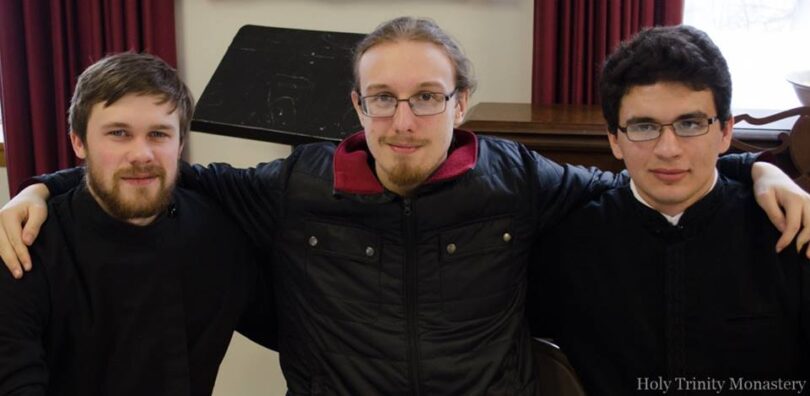I would like to ask you about goals of spiritual education. What can you tell us on this subject?
This is an incredibly complicated topic. [I have to make a disclaimer] Only a spiritual person can talk about spiritual matters. This is one of the main components of our tradition. However, to be more specific, we train priests. Our seminary provides all the necessary credentials for students to obtain their licenses, so to speak. Just as the medical school prepares students to practice medicine upon graduation, so our graduates receive the license to become priests, and to become doctors of human souls. This is what concerns me the most, how well we prepare our students to practice this type of “medicine” without harming souls. The most important task is not to harm. If they can also be helpful, that will be some extras. This is what concerns me, and how well do we prepare students to do that. Another question arises here: how well do we teach students to use the same diction in the conversation with their parishioners so that would understand them? We need to make sure that they can encourage parishioners’ development, help them to look at reality with an open mind, and to become good conscientious members of the Church. This is one of the most important goals for any Christian today, “to know your faith”, as St. John of Damascus says. This doesn’t of course mean to know their faith purely theoretically as a collection of some dogmas and laws. Christians need to understand why Christian philosophy can be considered the most effective among all existing theories, and they need to be living members of the Church. Another interesting moment is that we prepare not only clergy, but may be some graduates who will embark on academic journey, and this aspect is still new to Jordanville. We need to remember that Jordanville is the only intellectual center in the ROCOR. This aspect needs attention and support because so far we have seen only conferences and retreats for our youth and choir singers, but intellectual work has been left unattended. Since Jordanville is the special center of intellectual work we can prepare even priests who may teach one day at a secular colleges or universities, for instance. I think it is great.
Your students can receive Bachelor’s degrees, correct?
Yes, at the present time we do give Bachelor’s degrees but we do hope that Master’s in Divinity program will be established in the near future (since this is a terminal degree in all Orthodox Churches in the US). So, we also hope to be able to provide this level of advanced education to our students.
Can you, please, tell us how many graduates of your Seminary usually serve as priests, and how many choose to go into academic filed, or receive further education?
I can’t provide specific numbers but there are always several Jordanville graduates who become ordained. I think that the most of our students serve as priests, some become deacons, and few even became bishops. So, despite the difficulty of this path, we can certainly see the visible percentage.











